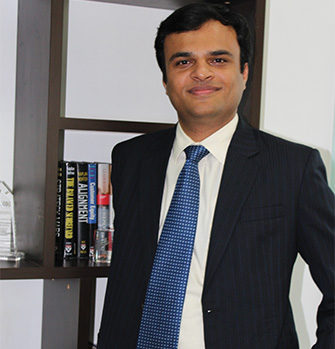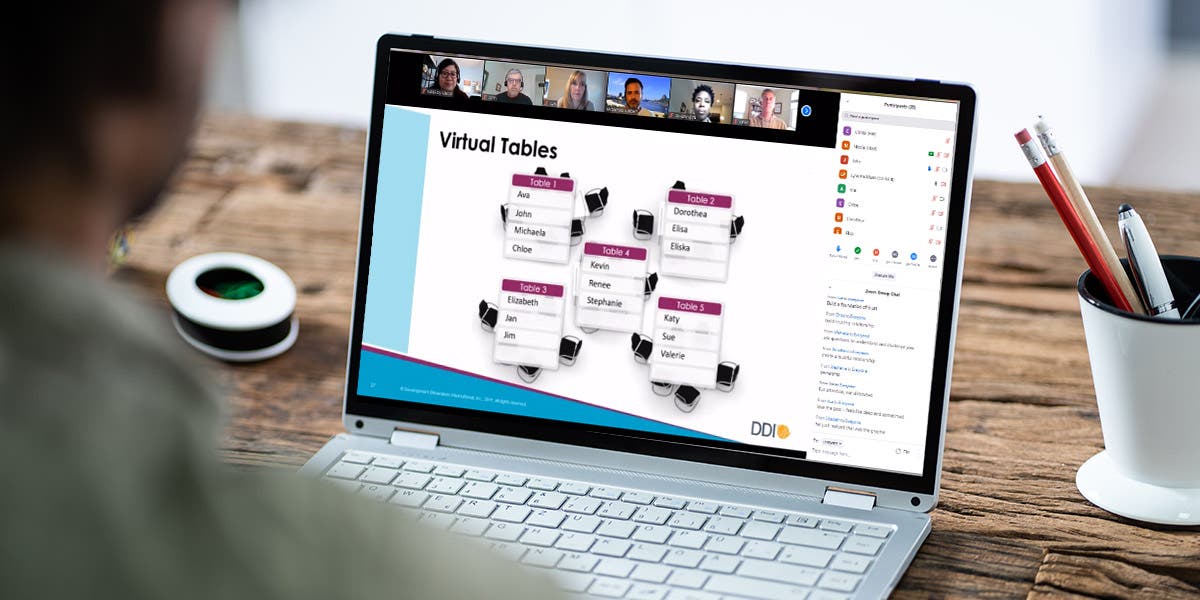Two-way communication between leaders and their teams is essential and possible only when the leaders have the right skills to inspire them.

In today’s fast-paced business world, a good leader needs to be able to act decisively and build accountability or ownership in his team. Leaders also need the skill to anticipate and react, and not just react without analysis. And, of course, a leader does not work alone. The relationship between the team and its leader is a two-way street. Many leaders who are innovators do not necessarily inspire their teams to be so too.
But the conundrum is that it is not just the job of the CEO or the CXO to anticipate the future. “It is the team that normally has its ears to the ground and can pass on the data upwards to help leaders make those decisions,” points out Amogh Deshmukh, Managing Director, DDI India. When that does not happen, the organization will be under pressure. Businesses that have responded well to the market dynamics have been able to create a niche for themselves.
DDI (short for Development Dimensions International) is a global leadership development consulting firm that helps organizations transform the way they hire, promote and develop leaders at every level. The firm believes that employees join with personal and professional goals and striking a balance between the two is essential. Its leadership and assessment solutions are designed to help companies across sectors build and cultivate the right skills – to ensure a strong pipeline of leaders across the organizational chart.
The Three Keys to Better Communication
Central to the DDI training approach is the belief that building an “up-down” as well as a “down-up” open communication channel needs a cultural change and there are three ageless and timeless differentiators that will never change whatever the disruptions.
One is empathy. A leader not only is required to understand employees to build engagement, but also anticipate customer needs to solve some of their problems.
The second skill a leader needs is being a good listener. This is a skill that many, even in large organizations, lack.
The third one is about being receptive to feedback. “Everybody judges others by their actions but themselves by intention,” points out Deshmukh. He goes on to add that unfortunately, this is a skill which is very difficult to develop. “It requires the ability to listen and take action.” Valuing the one who gave the feedback is also very important.
DDI’s courses are designed not only to theoretically emphasize on these concepts, but also to track and ensure that leaders apply these learnings within their organizations.

Quality over Quantity
The DDI leadership program, called Leadership 480, aims to drive behavior change and has two aspects – diagnostics and development. It is a strategic framework that helps businesses recruit, promote, and develop a pipeline of leaders. It is built on the three 3 As – Access, Analyze and Accelerate, involving identifying the potential leader, diagnosing the gaps in his or her personality as against the business goals of the organization and cultivating them to become more effective.
480 represents the minutes spent in the workplace, roughly translating to 8 hours, and how leaders can make significant impact on a day-to-day basis. Next is 480 days, which is roughly two years, used by leaders to execute strategies to reach your goals. The last 480 is typically the career span of 40 years and is a long-term program that helps employees’ transition across levels and handle the complexities better.
Post training, support plays an important part through sustained efforts to develop a muscle memory around how leaders should overcome the gaps they have. Secondly, DDI also measures the business impact using the Kirkpatrick Model – Reaction, Learning, Behaviour and Result. The programs are technology enabled, including simulations, though the mentor plays a key role in steering the program.
Of course, DDI is a global leader in this space having presence in over 26 countries, with India being a critical growth region for the firm. The firm has serviced a range of companies including some of India’s largest companies, global firms in India and mid-size and growth companies as well.
Though there is competition, driving behavior change and measuring it makes it a cut above others, also since it is one of the few to cut across both leadership assessment and training. “We have been doing it for the last 50 years, and both service segments developed parallelly,” says Deshmukh.
Going Forward
The assessment arm of DDI was a small portion of DDI’s overall business in India till a decade back. And it was carefully built up over the last decade. They key insight was assessment and training had to go hand-in-hand.
A DDI’s ‘Global Leadership Forecast’ survey done annually shows that the leadership pipeline across the world including India is going down. “We would like to contribute towards building the pipeline for large organizations,” explains Deshmukh.
The firm also focused on building the right assessment and training tools for a country like India, with a technology-centric approach to make it easily accessible and scalable for clients. “We are in the process of building many new, cutting edge features which our learners will enjoy without compromising on our fundamental value proposition of building leaders,” Deshmukh says as he signs off.

Key Takeaways from our conversation with Mr. Deshmukh
- Leaders must act decisively and build accountability amongst their team members
- Three essential skills leaders need all the time – Listening, Empathizing, Acting on Feedback
- Kirkpatrick Model (Reaction, Learning, Behaviour and Result) used to measure success of training
- Training using the Leadership 480 Framework measuring impact every day, over two years, and across the entire career span of a leader
- Assessment and Training go hand-in-hand
